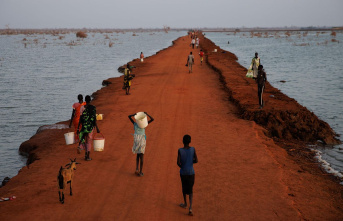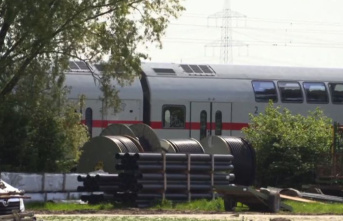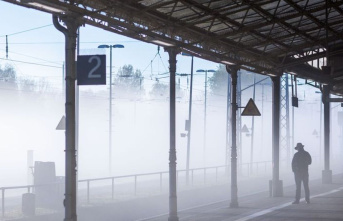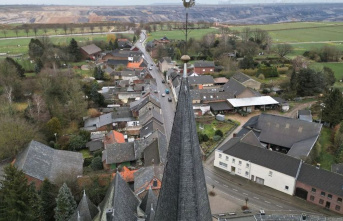If gone, then far! Especially in winter, many Germans are drawn to faraway places. The fact that it doesn't always have to be hot there, at least in terms of the weather, is all the more appealing. Japan is a diverse country and offers a lot of variety, culture and beautiful landscapes during the cold season.
Where better to start than in the capital Tokyo? Temperatures are moderate here. In December and January the thermometer settles between 6 and 14 degrees, the winter is generally dry and sunny. Perfect for exploring the city and its sights. For example, there is the historic city center in the Chiyoda district with the Kōkyo Imperial Palace.
Tokyo residents often flock to nearby Nagano during the winter months. Older semesters will remember the 1998 Olympic Games and the ski areas there. Snow bunnies should strap their board or skis under their feet and enjoy the fast descents from a volcano into the valley. If you prefer something a little quieter, you can sink into the steaming water at one of the many resorts with attached onsen and watch the snowflakes dance.
Not only people have discovered the hot springs for themselves: Originally, the macaques only came to the Jigokudani Monkey Park in the cold months to warm up in the onsen. They are now fed by the park staff, which is why the animals can also be found there in the summer months.
The name "Jigokudani" is no coincidence. Translated it means hell valley. With a look at the plumes of steam rising from the springs and wafting through the valley of the Yokoyu River in temperatures of around minus five degrees Celsius, it becomes clear how the place got its name. Those who want to see the red-faced monkeys relaxing in the onsen can do so from November to March.
Ever hiked under snow-capped ginkos? No? The time has come. The otherwise so colorful temples also adapt to the Japanese winter wonderland with a white snow cap. In the city of Fukui in the Hokuriku region, you can even spend the night in a temple and get a taste of the local Zen culture. The monastery was founded in 1244 and today over a hundred monks lead a monastic lifestyle and practice Zen.
Also recommended is a trip from Tojinbo to Toyama. The route takes us over the 2,700 meter high Hakusan Mountain to Gokayama. On site, you can experience old Japan from bygone times with a view of the gassho zukuri houses. The historic village is part of the Unesco World Heritage and its buildings are reminiscent of a mixture of East Frisian huts and Bullerbü nostalgia.
Conclusion: Japan's winter has a lot to offer and is more than cold, ice and snow.












